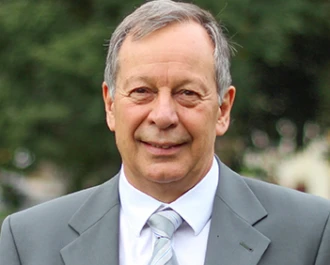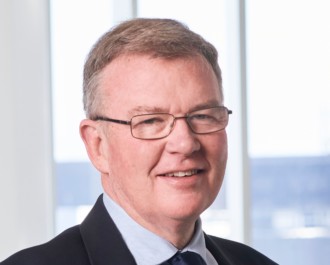
West Australian-based researcher Dr Anabel Sorolla-Bardaji will shortly be embarking on a three-month sabbatical to Spain, to further develop a ground-breaking treatment for triple-negative breast cancer.
Dr Sorolla-Bardaji is a Postdoctoral Research Fellow at the Harry Perkins Institute of Medical Research. She is developing novel therapies for triple-negative breast cancer using “nanoparticles”.
Nanoparticles are tiny spheres approximately one thousandth of a millimetre in size and can be used to carry drugs through the bloodstream. In addition to carrying chemotherapy drugs, the surface of the nanoparticles are coated with interference peptides. These peptides ensure the nanoparticles only attach to cancer cells, and also make the cancer cells more sensitive to chemotherapy.
The nanoparticles are being specifically designed for a sub-set of triple-negative breast cancers called “basal-like” tumours. These tumours are resistant to standard chemotherapy and have one of the lowest survival rates of all breast cancers.
After receiving a 2015 NBCF Postdoctoral Fellowship, Dr Sorolla-Bardaji and her team were able to test their nanoparticles in the lab; first on individual cells and then in animal models. Now, additional support from the Raine Foundation will allow Dr Sorolla-Bardaji to learn more about advanced nanoparticle techniques from international experts in Spain.
In April, Dr Sorolla-Bardaji will travel to Madrid to work at the Spanish Research Council (CSIC). Over a three-month period, she will learn how to prepare and characterise state-of-art nanoparticles, before bringing this expertise back to Australia. She will also build the international collaboration with CSIC, with plans already in place for student exchange programs between Australia and Spain.
Dr Sorolla-Bardaji is excited about the potential of nanoparticle therapy. “I love challenges, and developing a targeted therapy for triple negative breast cancers could benefit many women (and men) that do not have an available treatment at the moment,” she said.
More News Articles
View all News



